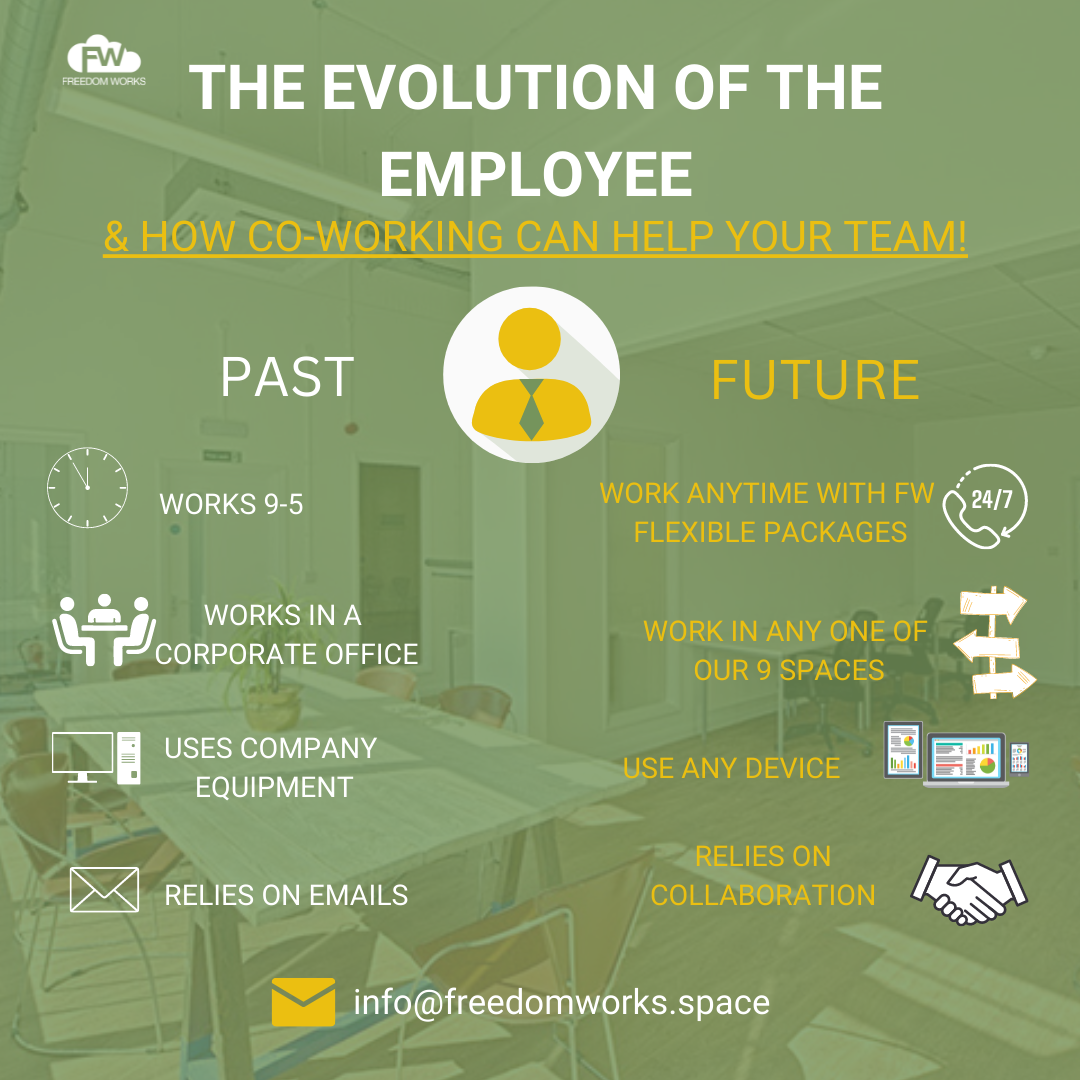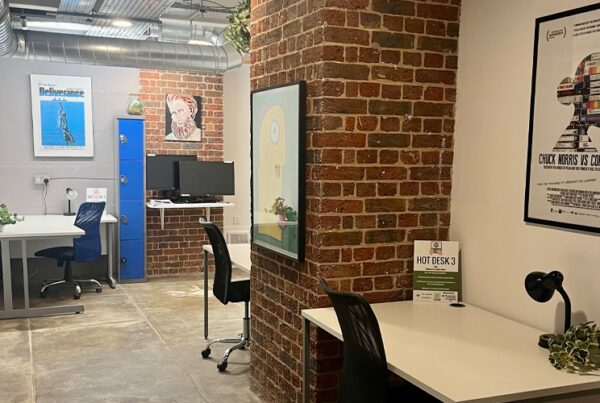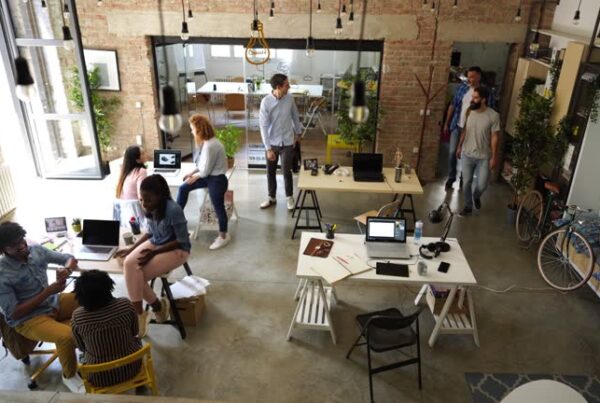The evolution of employee recruitment and retention
Although there is a sizeable contingency of employees that are unhappy at work, most of us have accepted the modern office culture for what it is. We’ve also come to grips with the fact that today, employees are increasingly tasked with finding work and applying for it, rather than waiting for offers from large organisations. Meanwhile, the lower cost of educating workers has led firms to invest more heavily in skill acquisition and reducing HR expenses or even eliminating them altogether. As a result, employee recruitment and retention have become key considerations for businesses aiming to stay competitive in a rapidly changing landscape.
Companies and jobs are evolving in a way that works best for people who want a more flexible lifestyle, as well as for those who seek stability amidst waves of change. Especially notorious was the increase in outsourcing of US jobs, where globalisation shines brightest. Gone were menial tasks like securing phone systems and managing passwords, while more senior staffers took on contracts for various projects outside their usual employment networks. Job gaps, initially driven by budget cuts, soon led companies to realise they needed these skillsets outside of their traditional workforce.
Where are we now?
The journey of employee evolution began with the industrial revolution, where people were employed in factories to produce goods. Then came the information age, where people worked in offices to provide services. Today, we are living in the digital age, and people are increasingly employed to work remotely or as freelancers.
The evolution of an employee is not just about what they do for a living but also about how they do it. The modern workforce is more flexible than ever before, with employees having the freedom to choose their own hours and work from wherever they want. This shift is reshaping the very concept of work, and with it, employee recruitment and retention strategies are evolving to adapt to these new preferences.
Some may see this as a paradox or an irony, but it reflects the spirit of modern work in today’s interconnected, collaborative, intellectual, and technology-driven world. This is not merely a societal artefact or a glimpse into the future driven by artificial intelligence and automation. Like genetic modifications, the evolution of humans will progress based on individual choices. People’s lives can shift dramatically, based on their contributions to society, their interactions with others in our global village, and the freedom to change careers, skillsets, and even geography at any point in time.
Hiring – what’s changed?
The way companies are hiring employees has shifted significantly in recent years. The driving force behind these changes? The rise of Artificial Intelligence (AI). According to a PwC report, 77% of people believe that the future of their industries will include developing intelligent technologies by 2020, with 45% highlighting AI as the tech trend with the greatest potential to disrupt business operations, geographic coverage, product lines, and revenue streams in the coming years.
Industries across all sectors have started announcing plans to implement virtual assistants into their workflow by 2023. This programmable workforce helps employees focus on more targeted and efficient work. We also see that AI is becoming an integral part of the employee recruitment and retention process. Algorithms now manage job applications, collecting data from jobseekers. When candidates meet certain criteria, AI systems report back results, narrowing down choices with advanced grading systems based on psychometric analysis, among other tools.
What are your thoughts? Let us know in the comments.





